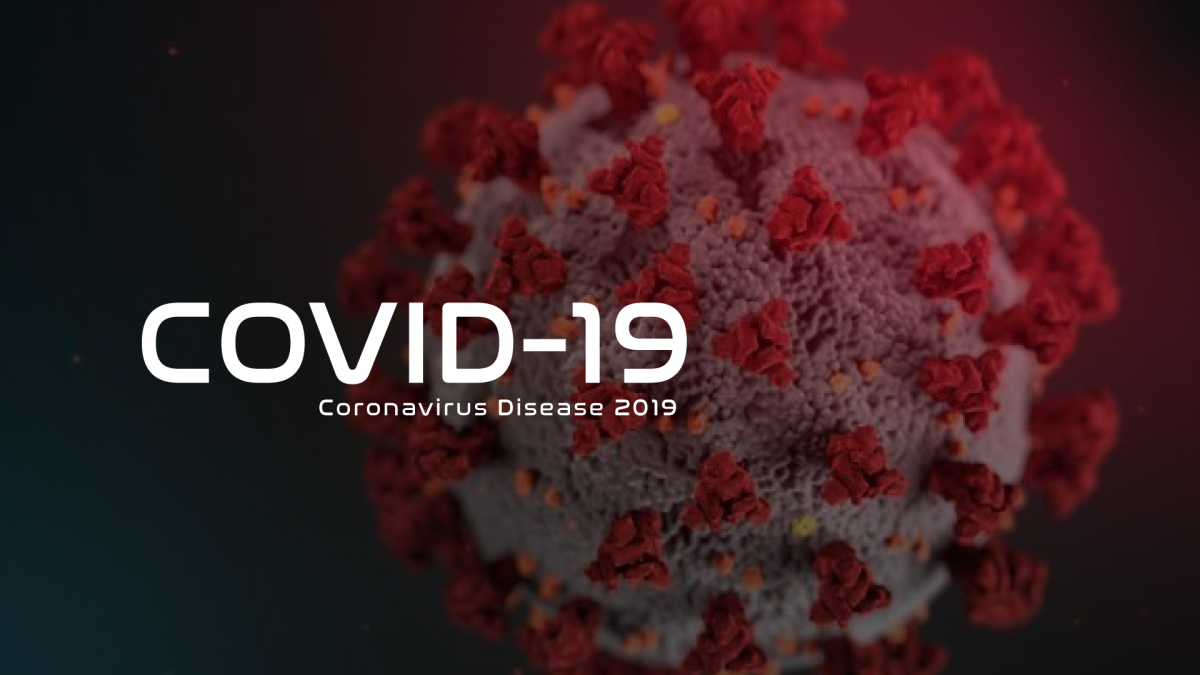Since coronavirus is a respiratory illness, much of the focus has been on how the virus impacts patients’ lung function, but COVID-19 is also taking a toll on their tickers, experts say.
While hypertensive heart disease has proven to be the underlying medical condition with the highest mortality rate among coronavirus patients in New York State, studies show COVID-19 is also causing damage to cardiovascular systems in patients without preexisting cardiac conditions.
“There seems to be a significant impact on the cardiac system due to multiple factors, such as hypoxia and immune response … causing significant inflammation, inflaming the wall of arteries, and heart failure,” says Dr. Thierry Duchatellier, section chief of the cardiology department at Mercy Medical Center in Rockville Centre.
The cardiologist pointed to a March study published in JAMA Cardiology by experts at The University of Texas Health Science Center at Houston that found even in the absence of heart disease, the heart can be affected by coronavirus. Past viral pandemics have been documented to have similar coronary effects, the authors noted.
“Overall, injury to heart muscle can happen in any patient with or without heart disease, but the risk is higher in those who already have heart disease,” said Dr. Mohammad Madjid, the study’s lead author and an assistant professor of cardiology at McGovern Medical School at UTHealth.
Dr. Duchatellier is especially concerned, having been at the forefront of the pandemic on Long Island. A part-time staffer at his hospital became LI’s first confirmed coronavirus patient on March 5. Since then, the doctor’s been part of a team working overtime in the midst of an unprecedented test of the region’s healthcare system.
His advice? People diagnosed with hypertension, coronary disease, or irregular heart rhythm should keep up with their medications and be especially cautious about heeding the social-distancing mandates. He urges taking advantage of telehealth to avoid infection at a medical center. And to look on the bright side.
“We are facing the greatest challenge that we’ve had so far from a healthcare system,” he says, “but we will come out of it and we will learn a great deal from it … We will make the best out of this lousy situation.”
Sign up for Long Island Press’ email newsletters here. Sign up for home delivery of Long Island Press here.
For more coronavirus coverage visit longislandpress.com/coronavirus





























